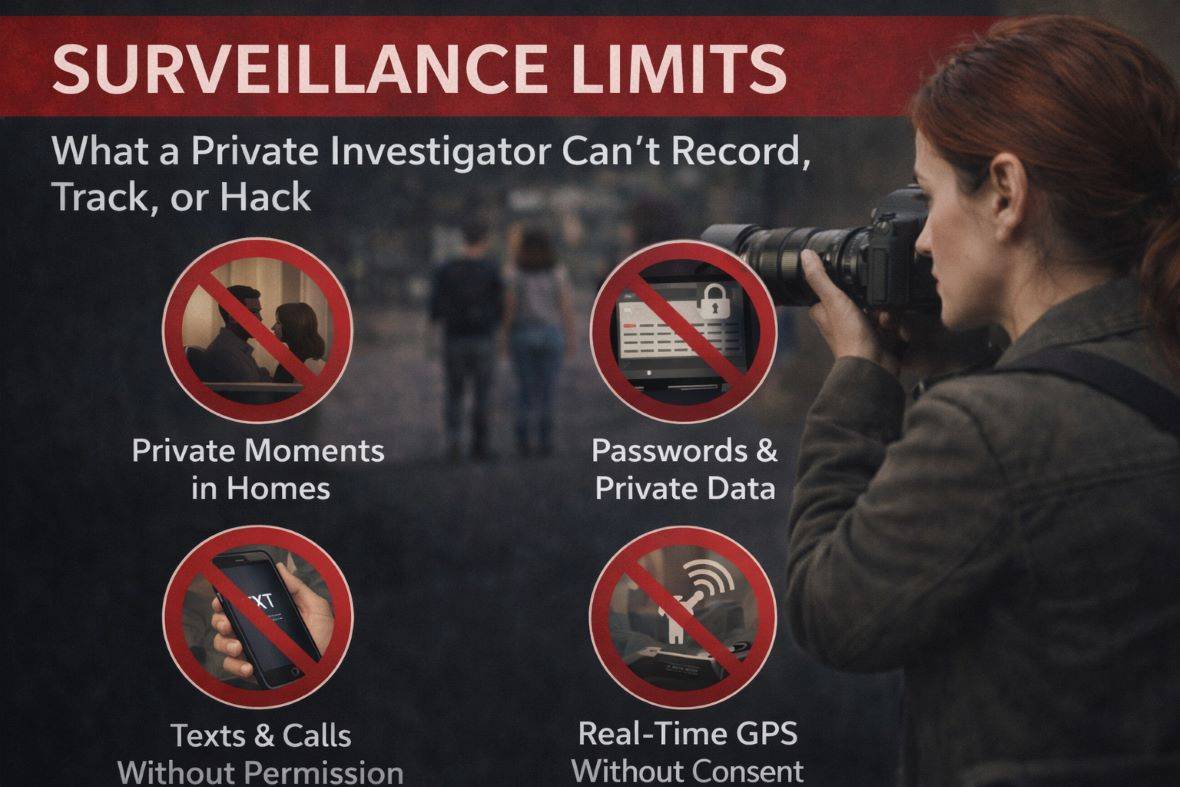Introduction

Forensic investigation is a field that combines science and criminal justice to help solve crimes. It’s a career that requires not only a keen eye for detail but also a strong foundation in science and law. If you’re considering a career as a forensic investigator, this guide will walk you through the steps to achieving your goal.
Educational Path
First and foremost, education is key. To embark on a career in forensic investigation, you typically need a degree in forensic science, criminal justice, or a related field. These programs will provide you with the foundational knowledge in areas like biology, chemistry, and law – all essential for a forensic investigator.
Recommended Courses and Specializations
- Biology
- Chemistry
- Criminal Justice
- Law
Gaining Practical Experience
After completing your degree, it’s crucial to gain practical experience. Internships or entry-level jobs in law enforcement or private investigation firms can provide hands-on experience that’s invaluable for your career growth.
Essential Skills for Forensic Investigators
The role of a forensic investigator is complex and multifaceted, requiring a blend of various skills that go beyond academic qualifications and practical experience. Here’s a closer look at some of these essential skills:
Analytical Skills
Critical Thinking: The ability to think critically is paramount. You must assess evidence from multiple angles, often under pressure, to deduce logical conclusions. This skill is vital in ensuring that every possible scenario is considered and the most plausible is pursued.
Problem-Solving Abilities: Forensic investigators frequently face complex puzzles in their work. The capacity to approach problems methodically and derive effective solutions is key. It’s about connecting the dots in a sea of information to uncover the truth.
Attention to Detail
Observational Skills: A keen eye for detail can make all the difference. The ability to notice subtle differences or anomalies in evidence can lead to breakthroughs in cases. It’s about noticing things that others might overlook.
Thoroughness in Investigation: The smallest oversight can lead to incorrect conclusions. It is essential to be thorough and meticulous in all aspects of the investigative process, from collecting evidence to documenting findings.
Communication Skills
Clear Reporting: The ability to convey complex information in a clear, concise, and understandable manner is crucial. This involves writing detailed reports that can be comprehended by those without a forensic background, including law enforcement officials and court personnel.
Effective Testimony: Often, forensic investigators are required to present their findings in court. This requires not only the ability to speak clearly and confidently but also the skill to explain technical details in a way that is accessible to a non-expert audience, including jurors and judges.
Forensic Investigator Jobs and Job Description
When it comes to forensic investigator jobs, the roles can vary. You might find yourself working on crime scenes, in labs, or even in courtrooms. The forensic investigator’s job description typically includes collecting and analyzing physical evidence, writing reports, and testifying in court.
Forensic Investigator Salary
The forensic investigator salary can vary based on location, experience, and education. However, it’s a field that offers competitive compensation, with opportunities for advancement and specialization.
Career Opportunities
The field of forensic investigation is diverse, offering various roles and specializations. You could work in digital forensics, toxicology, or even as a forensic private investigator. Each of these roles comes with its own set of challenges and rewards.
Impact of Technology on Forensic Investigation
The advancement of technology has significantly impacted forensic investigation. New tools and techniques are constantly being developed, making the field an ever-evolving landscape.
Networking and Professional Development
Professional associations and conferences are great ways to network and stay updated on the latest developments in the field. They can also be a valuable resource for finding job opportunities.
Preparing for the Job Market
Building a Strong Resume
Your resume is your first impression. Ensure it showcases your educational background, relevant work experiences, any specific skills you possess, and certifications that add value to your profile. A well-crafted resume should effectively communicate your suitability for forensic investigator roles.
Highlighting Key Achievements
Don’t just list your responsibilities. Emphasize any notable achievements or contributions in your educational or professional journey. This could include successful projects, internships, or any unique experiences that set you apart.
Leveraging Online and Offline Resources
Utilize online job portals, and professional networking sites like LinkedIn, and attend career fairs. Networking can also be powerful, so engage with professional groups and forums related to forensic investigation.
Ethical Considerations
Understanding Ethical Responsibilities
Forensic investigators play a pivotal role in the justice system. It’s vital to comprehend the ethical implications of your work, including the accuracy of evidence handling and reporting, and maintaining confidentiality.
Maintaining Professional Integrity
Your credibility is your currency in this field. Upholding integrity in all aspects of your work, from collecting evidence to presenting findings, is non-negotiable. This commitment to ethics safeguards your reputation and the justice process.
Continuous Ethical Education
Stay informed about ethical standards and practices in the field. Regularly participating in workshops and courses on ethics in forensic investigation can provide updated insights and reinforce ethical practices.
Work-Life Balance

Managing Emotional and Physical Demands
Forensic investigation can often involve dealing with sensitive or distressing scenarios. It’s crucial to develop coping mechanisms and seek support when needed to manage the emotional toll of the job.
Setting Boundaries
Ensure that your work does not consume your personal life. Setting clear boundaries between work and home life is essential to prevent burnout and maintain overall well-being.
Prioritizing Self-Care
Regularly engage in activities that promote physical and mental health. Whether it’s exercise, hobbies, or spending time with loved ones, self-care activities are vital for maintaining balance and resilience in a demanding career.
Global Perspectives
The field of forensic investigation is not just limited to your local jurisdiction. Understanding global perspectives and international collaborations can open up more opportunities and provide a broader view of the field.
Conclusion
In conclusion, embarking on a career as a forensic investigator is a journey filled with challenges, learning, and immense satisfaction. For those who are passionate about science, law, and justice, this career offers a unique opportunity to make a significant impact in the criminal justice system.
At this juncture, it’s important to mention Triumph Australia, a company that stands as a beacon for aspiring and experienced forensic investigators alike. Triumph Australia is not just a company; it’s a partner in your investigative journey. With a focus on various kinds of investigations, especially forensics, we provide an environment where you can apply your skills, learn from experienced professionals, and grow in your career.
Whether you are starting out in the field or looking to advance your career, Triumph Australia offers resources, mentorship, and opportunities to work on diverse cases.










